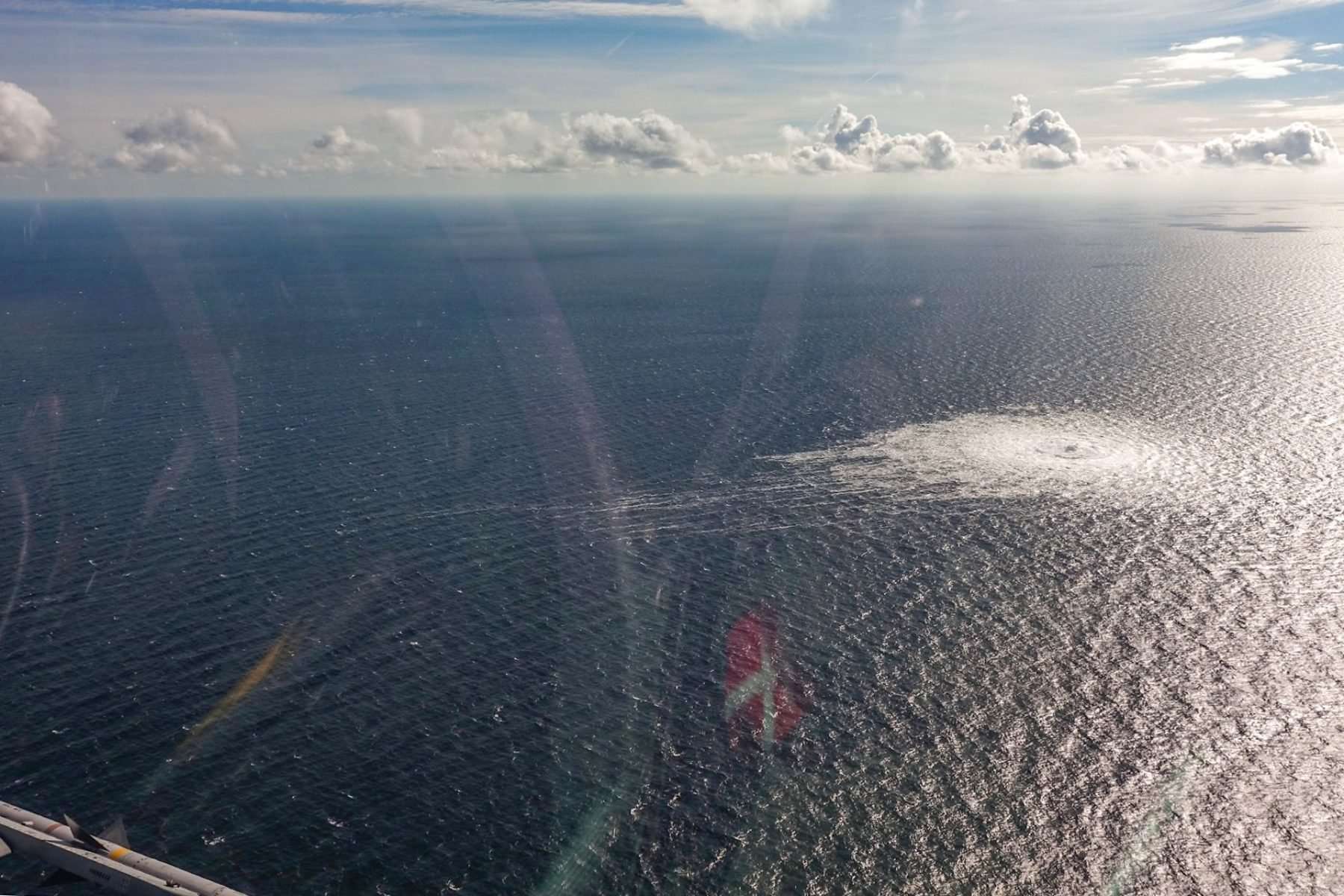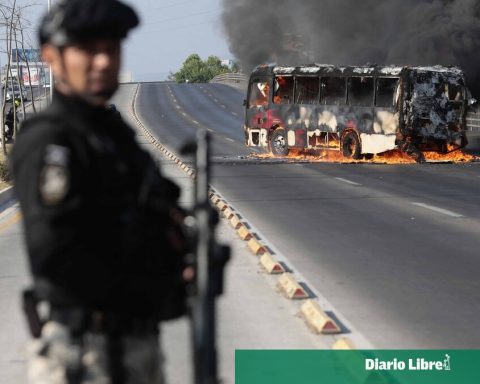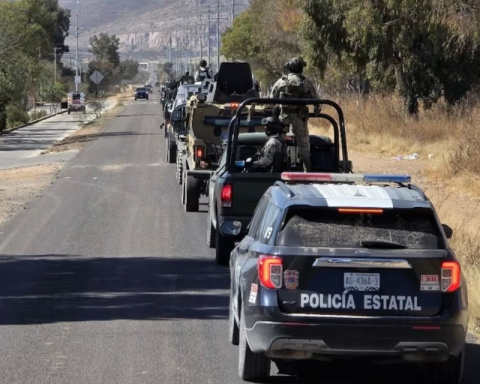European authorities suspect that a mysterious gas leak in two gas pipelines, which connect Russia with Germany, were caused by explosions, an act of which the suspects lead them to believe in sabotage.
Several seismic stations in Sweden, Norway and Finland recorded the explosions on Monday. Bjorn Lund, a seismologist at Uppsala University, which is part of Sweden’s national seismic network, said the first explosion was recorded in the early hours of the day, southeast of the Danish island of Bornholm. The last, and strongest that night was to the northeast of the island and was equivalent to a magnitude 2.3 earthquake.
Bjorn Lund, a Swedish seismologist at Lund University, explains to a Swedish reporter how it was possible for him to determine that there had been an explosion in the Nord Stream pipelines.
It says that “at least 100kg of TNT has been used, but probably more”. https://t.co/dfQu2YLxmv
— Commercial Law Spain (@DerechoEspana) September 27, 2022
“We know very well what an underwater explosion looks like. In this case, there is no doubt that it was not an earthquake,” Lund told the agency. AP.
The Polish Prime Minister, Mateusz Morawiecki, described the events as an “act of sabotage”, while the Danish Prime Minister, Mette Frederiksen, declared that she “cannot rule out” a sabotage after the three leaks were detected in the Nordstream 1 gas pipelines. and 2 Tuesdays.
The gas pipelines are not supplying gas to Europe, since the energy confrontation over the Russian invasion of Ukrainea stopped the flows or did not allow them to start. However, the ducts were still filled with gas.
Frederiksen, Morawiecki and the president of Poland, Andrzej Duda, participated on Tuesday in an act in which the valve of a yellow pipe belonging to the Baltic gas pipeline, a new system that will take gas from Norway to Poland, through Denmark, was opened. and the Baltic Sea.
“The era of Russian dominance in the gas sphere is coming to an end,” Morawiecki declared. “A time that was marked by blackmail, threats and extortion.”
No official has presented any evidence in connection with the case, but in central Europe, where Russia is widely mistrusted, it was feared that Moscow would sabotage its own infrastructure, in a gesture of spite or to signal that all oil pipelines are vulnerable to attack.
The leaks emerged off the coast of Denmark and Sweden, raising questions about whether energy infrastructure in European waters could be targeted. The fact caused a small increase in natural gas prices.
“We can clearly see that this is an act of sabotage, an act that is likely to signify a new step of escalation in the situation we are facing in Ukraine,” Morawiecki said.
Anders Puck Nielsen, a researcher at the Royal Danish Defense College’s Maritime Operations Center, said the timing of the leaks was “suspicious” given the Baltic pipeline ceremony.
He emphasized that perhaps someone sought to “send a signal that something could happen to Norwegian gas.”
The damage makes it unlikely that the Nordstream pipelines will be able to transport gas to Europe this winter, even if there is the political will to reactivate them, analysts at Eurasian Group. “Depending on the scale of the damage, the leaks could even mean the permanent closure of both lines,” said analysts at the entity, Henning Gloystein and Jason Bush.
Said analysts added that the subsea pipes are designed in such a way that they are not accidentally damaged and leaks in them are rare. “Leaks of this size are a serious security and environmental hazard, especially if Russia does not stop pumping gas into the system,” the analysts said.
In a press teleconference, Kremlin spokesman Dmitry Peskov called the gas pipeline leaks “very alarming.” When asked if the accident could have been caused by an act of sabotage, the spokesman stated that “no version can be excluded.”

















